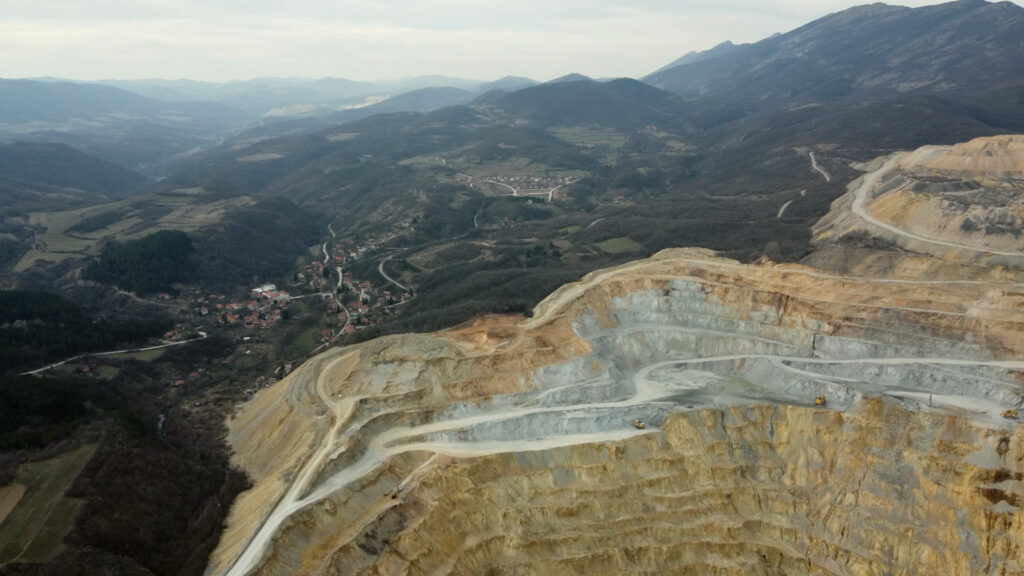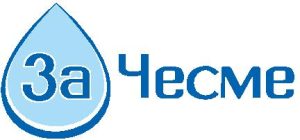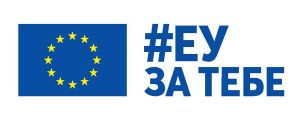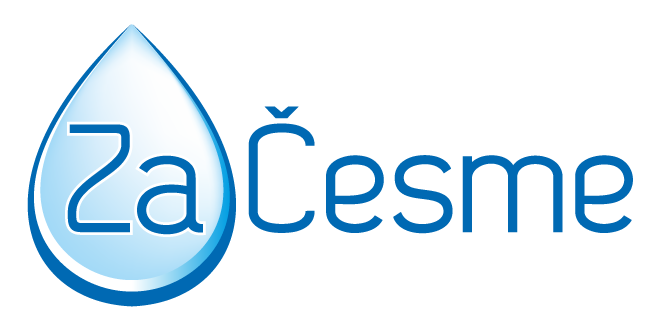
21/04/2023
The Second Environmental Exodus of Inhabitants of Krivelj village
The modern history of the village of Krivelj begins in 1833 on the banks of the Kriveljska River, under the mountains Stol, Veliki and Mali Krš. The perfect location, the vision of development and the entrepreneurship of the locals brought prosperity to the village, from which the village of Bor was separated as a particular settlement in 1876.
With the opening of the first mine in 1903, the village of Bor grew and, thanks to the intensification of mining in the middle of the last century, it became a town. On the other hand, the expansion of mining leads to the fact that Krivelj, once an ideal place to live, becomes an environmental black spot literally surrounded by mines and pits in which it is impossible to live. The beginning of the end of the village was the opening of the mine Veliki Krivelj, and from that year in 1979, the mine was expanding, houses were disappearing, people were leaving.
A quarter of a century ago, the first vulnerable households, a total of 50, were relocated.
The inhabitants of Krivelj are aware that the right time to relocate the village was four decades ago, because environmental problems that threaten their lives have been accumulating for so long, from the dust they inhale every day, to polluted soil and watercourses (that is what Jasna Tomić, from Local Community Council of Krivelj is talking about).
The story about the definitive relocation of Krivelj to a new location, exempt from exploration and mining activities, would not have happened if the Local Community Council had not opposed the adoption of the Spatial Plan for special purpose areas of the Bor and Majdanpek mining basins in 2015. At first, the state and the Ministry of Mining did not listen, but the inhabitants of Krivelj were persistent and united in their intention to solve the problem of their survival to the end, because it was obvious that the meetings of numerous working groups didn’t give results (more about it: Dragoslav Nikolić, from Local Community Council of Krivelj). It was necessary to make the representatives of the authorities and Chinese companies aware that their interest was mutual. After numerous meetings, protests and blockades, the general public learned about the problem of inhabitants of Krivelj, which was no longer only environmental but also existential.
The location “Trujkanov potok“, for which 136 households declared, is located on the border of the villages of Zlot, Šarbanovac and Metovnica, near Bor and 20 km from Zaječar, along the main road. The new village will have a fully organized infrastructure, roads, electricity, water supply, sewage network, optics.
The necessary planning documentation for the relocation of the village is being prepared rapidly, and the relocation of the inhabitants of Krivelj could begin already in the second half of next year, according to the City Administration of Bor (statement: Aleksandar
Milikić, the Mayor of the City of Bor).
Before the relocation, two more of the 18 disputed issues that were there in the beginning should be resolved, and they relate to the valuation of the residents’ property and the bonuses offered by the company, 15,000 euros for independent relocation and 3,000 euros for collective relocation, which, they believe, breaks the collectivity, which was Aleksandar Kulić, environmental activist talked about.
The environmental exodus, as some local residents describe their situation, second in order, will put an end to the modern history of the former village of Krivelj. With firm guarantees from the state that there will never be exploration and mining activities at the new location of the village, a new chapter in Krivelj begins. Probably, very soon Oštrelj and other villages threatened by mining expansion will have the same path.
Association “Za Drinking Fountains”
This text was produced within the project “Environmental response to mining expansion in Timočka Krajina” funded by the European Union, and implemented by the Association “Za Drinking Fountains”, the Association of Young Researchers Bor, Civic Library “Europe” Bor and Children’s Center Zaječar. The content of the text is entirely responsibility of these associations and do not necessarily reflect the views of the European Union.




